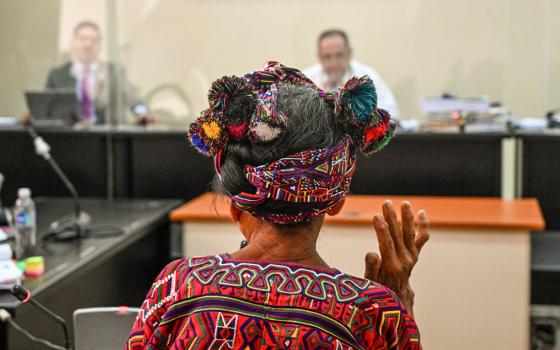A U.S. Supreme Court justice said “it wouldn’t surprise him” if the death penalty is struck down by the nation’s highest court.
According to the Associated Press, in an address at the University of Minnesota Law School Tuesday, Supreme Court Justice Antonin Scalia said “it is practically impossible to impose it but we have not formally held it to be unconstitutional” because of the death penalty decisions of the Court.
Scalia said the Constitution shouldn’t be open for broad interpretation and that recent rulings have added mitigating circumstances that must be considered or made it impermissible to automatically sentence people to death for certain crimes, such as killing a police officer.
The comments in Minneapolis weren’t Scalia’s first about the demise of the death penalty. He brought up the topic Sept. 22 at Rhodes College in Memphis, Tenn. Scalia, delivering the school’s annual Constitution Day lecture, distinguished between “originalist” adherence to the original text and meaning of the Constitution and the theory of a “living” Constitution that views the documents as one that evolves and changes without being amended. "They're not interpreting the constitution. They're writing one, they're revising one." He wondered how people would like it if the judges would rewrite the Constitution, according to the Associated Press.
The development or availability of drugs has possibly had an impact on the death penalty. Ohio recently postponed their death penalty for two years because of trying to obtain the correct drugs, according to CBS News.
Scalia joined Justice Samuel Alito and others to rule in the case of Glossip v. Gross that the use of midazolam for executions does not violate the Eighth Amendment’s ban on “cruel and unusual punishment.”
The number of executions was down to 35 in 2014 and so far 24 have taken place this year, according to the Death Penalty Information Center. Over 1,400 executions have taken place since 1976 with 530 total being executed in Texas alone.
In his address to Congress Sept. 24, Francis noted that he has advocated for the global abolition of the death penalty and supports the work of U.S. bishops to abolish the death penalty.
"Not only do I support them," he said, "but I also offer encouragement to all those who are convinced that a just and necessary punishment must never exclude the dimension of hope and the goal of rehabilitation."
The Supreme Court has already heard one death penalty case this term, according to the Associated Press.
[Elizabeth A. Elliott is an NCR Bertelsen intern. Her email address is eelliott@ncronline.org.]



